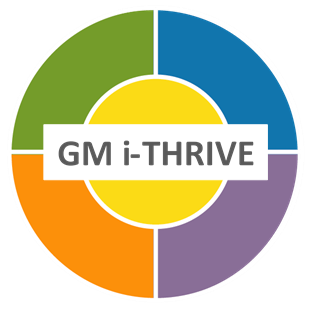
The Greater Manchester i-THRIVE Programme team caught up with Graham Doubleday from Wigan Start Well, Chloe Charnock from the Early Help Hub, Amy Cotter from Sensoriel and Sarah Marshall Wigan commissioner to discuss Wigan’s General Practitioner (GP) referral pathway.
Download this implementation story.
Background
An evaluation of Wigan CAMHS referrals showed how General Practitioner’s (GPs) were the largest referrers into Children and Adolescent Mental Health Services (CAMHS) for children and young peoples’ emotional and mental health needs. On average 70% of those referrals received and assessed did not result in a CAMHS intervention. A high volume of referrals was increasing the demand for access to CAMHS.
In Wigan it was noted that GPs may not necessarily be aware of all the services available locally that support children and young people with emotional and mental health needs. Thus, there was a need to work with GPs in order to signpost children, young people and their families to appropriate emotional and mental health help or support. In 2018, it was proposed to pilot a GP referral pathway in the largest GP cluster (made up of 7 GP practices) in Wigan. Referrals by GPs for a range of support such as; parenting support, Start Well, access to positive activities, drugs and alcohol, as well as emotional and mental health help and support for children and young people in this cluster were sent via secure email or fax to the Wigan Council Early Help Hub. Team members in the Early Help Hub would conduct further system checks and triage referrals before referring a child or young person to an appropriate service.
The Wigan GP referral pathway
Local GPs were consulted with to help shape and develop the referral pathway and a referral form was co-designed with Wigan Council.
GP referrals received by the Early Help Hub are treated as self-referrals; this means a 45 minute consultation with the child, young person and/or their families is conducted to find out additional information. The Hub conducts system checks with council and education systems to get a more holistic and detailed view of the child or young person’s needs. With a rich, diverse and holistic picture of the needs of a child or young person the Hub is able to signpost them to the appropriate service to meet their need.
The Early Help Hub team have knowledge and expertise of different services available locally to effectively advise and signpost children and young people and the Hub provides a single point of entry for referrals from GPs. After system checks, and when the child or young person has been referred to appropriate services, outcomes are discussed with appropriate professionals involved in the child or young person’s care, after receiving consent to share information.
Wigan GP referral pathway and the THRIVE Framework for system change
The Wigan GP referral pathway contributes to several different principles of the THRIVE Framework for system change (Wolpert et al., 2019). The pathway encourages a shared multi-agency responsibility for promoting wellbeing in children and young people through the Hub’s links to the wider system such as Occupational Therapists, Speech and Language Therapists and Paediatricians, and can easily refer children and young people to appropriate services to meet their needs.
The Wigan Early Help Hub provides support within the ‘Getting Advice and Signposting’ needs based grouping of the THRIVE Framework. The Wigan referral pathway provides a form of early identification and intervention for children and young people who may be at risk of developing further difficulties. Staff members at the Hub know of local support and resources that they can effectively signpost children and young people to, such as the Sensoriel Service (for more information please see section below). The Hub is an example of effectively using resources and expertise available in the community to support children and young people with their emotional health and wellbeing.
What has been the impact of the referral pathway?
Conducting system checks and triage has resulted in the reduction of children and young people being passed from one service to the other via inter-agency referrals. This in turn may result in improvements in accessing appropriate and timely mental health help and support, reduction in waiting times for specialist mental health and wellbeing help, and fewer inappropriate referrals and discharges across the system.
Since February 2018 when the new pathway was implemented, there have been 140 referrals into the Wigan Early Help Hub. Examples of the services children and young people have been signposted to are CAMHS, Sleep Solutions, Start Well, and Sensoriel.
Some children, young people and their families who were contacted declined support. Those who decline support are given contact details for the service to contact if they wish to self-refer in the future. Children, young people and families are also given the opportunity to access targeted youth support or Wigan Youth Zone if they decided it would be helpful to them.
Example of local services supporting children and young people in Wigan
Sensoriel Service
Sensoriel was spot commissioned when the referral pathway was being built to try and increase the offer in Wigan to support children and young peoples’ emotional and mental health needs. Sensoriel offers multi-sensory intervention using elements of play therapy and other therapeutic techniques to help teach children and young people how to self-manage and cope with their emotions. The different techniques taught to children and young people are shared with families to enable them to better support the child or young person to utilise new skills. Sensoriel’s main goals are to help children and young people take control of their emotions. To enable and encourage access to support, Sensoriel sessions often occur in schools (primary or secondary).
The Wigan Early Help Hub refers children and young people who would like to take up this offer for a weekly 1 hour intervention for 6 weeks. The duration of the intervention is flexible and depending on the young person’s needs, fewer or more sessions can be offered.
To date Sensoriel has received 67 referrals and delivered 334 mobile multi-sensory sessions.
Image 1: Sensoriel website 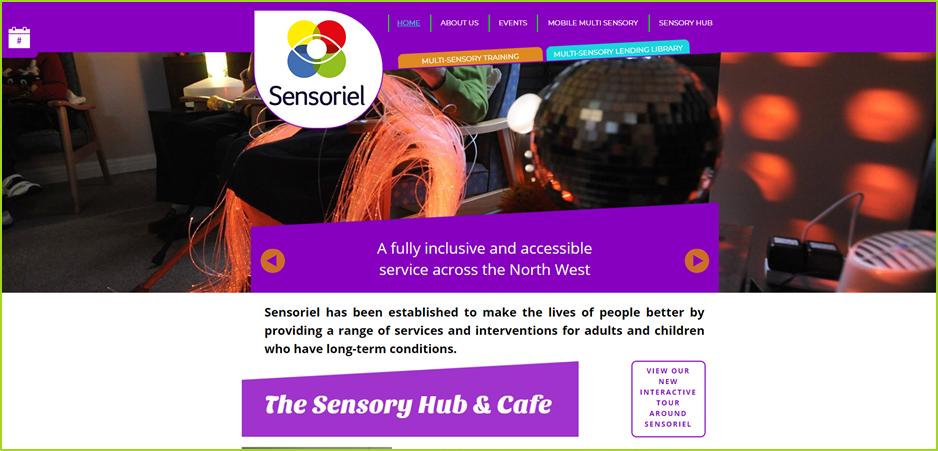
Feedback on Sensoriel Service
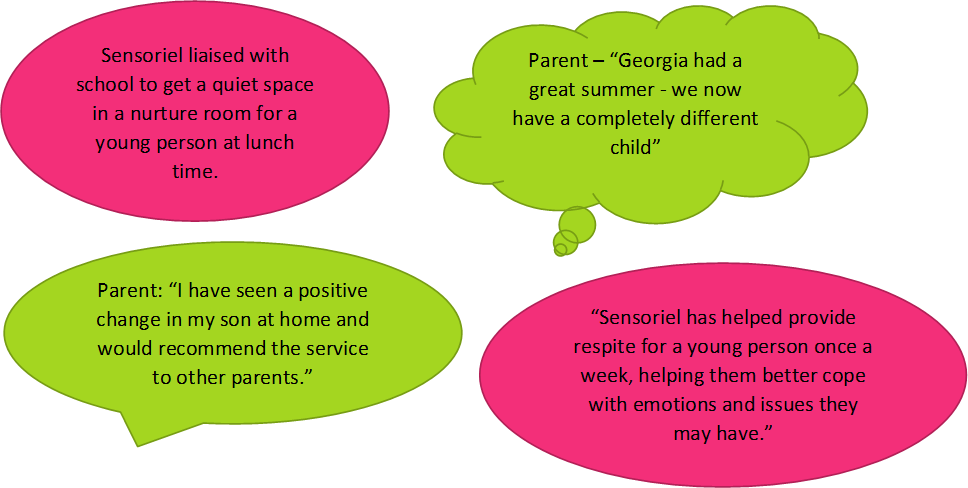
What is the future of the Wigan GP referral pathway?
Building relationships with the GPs was key to making the changes described. A continued partnership approach will be fundamental in providing a good quality service for children, young people and their families to support their emotional wellbeing and mental health needs.
A business case has been put forward for more workers to join the Wigan Early Help Hub as the service has been under resourced. In addition, an evaluation of the effectiveness of the whole referral pathway is currently underway.
A pilot project to explore the benefits of having system checks to routine CAMHS referrals started in April 2019 to examine whether engaging in multi-agency discussions helps reduce demand and improve access to services.
If you would like further information about the Wigan CAMHS GP referral pilot, please contact:
Graham Doubleday at: g.doubleday@wigan.gov.uk,
Chloe Charnock at: C.Charnock2@wiganmbc.gov.uk,
Sarah Marshall at: sarah.marshall@WiganBoroughCCG.nhs.uk, or
Amy Cotter at: amy@sensoriel.co.uk.
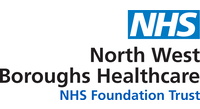

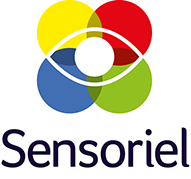
Edited by the GM i-THRIVE Programme Team, and the National i-THRIVE Programme team.
Written February 2020.